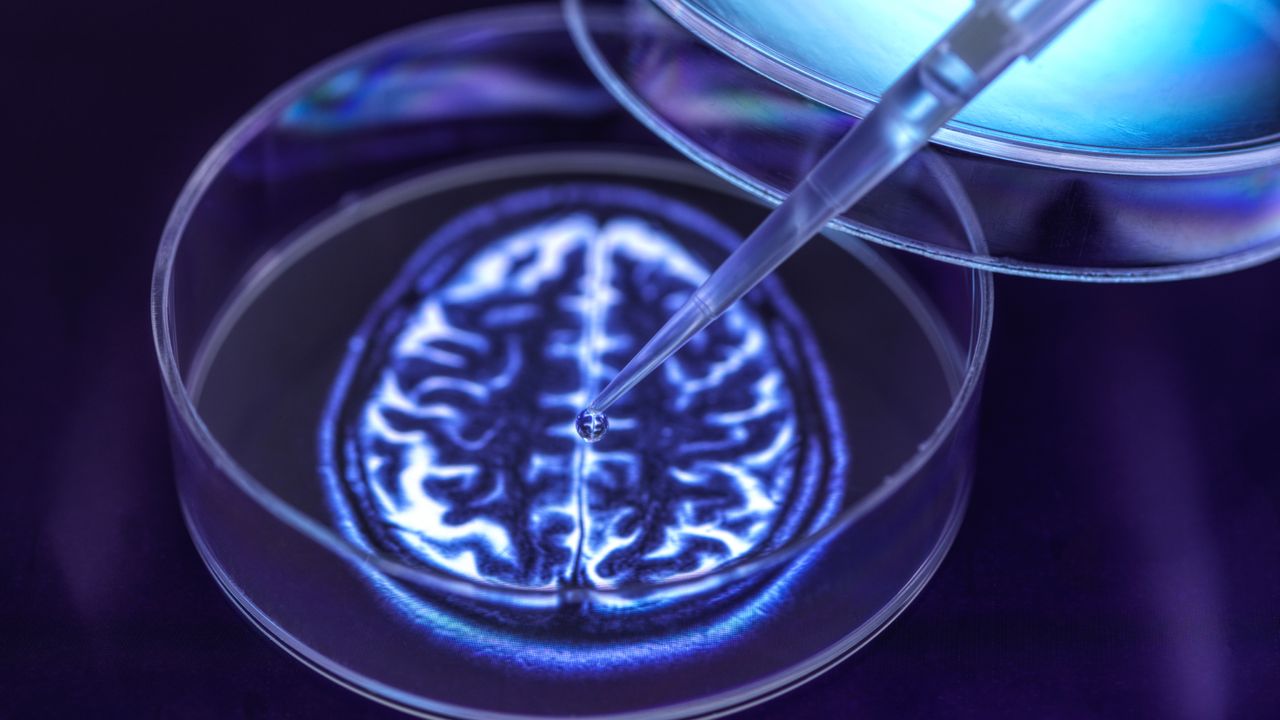
Scientists generally believe brain organoids — 3D aggregations of tissue that mimic some of the structures of the brain — are too simple to support consciousness. But as brain organoids become more sophisticated, there's a theoretical possibility that some may cross that threshold someday.
The brain organoids that have been made so far typically represent just one part of the brain at a time. They are used to study brain development and diseases, as well as drug side effects, without requiring animals or human brains.
Now, some laboratory models have fused two or more brain organoids to form an "assembloid" that can mimic the cell-to-cell interactions between different brain regions. As a result, a group of researchers recently argued that the field must preemptively consider new ethical and regulatory frameworks if conscious organoids become a reality.
In a Live Science poll, we asked readers if it would be OK to experiment on lab-grown "brains" if they were to become conscious. Approximately 657 readers responded before the poll closed.
Around 25% of the respondents said they do not think we should experiment with conscious organoids but they are fine with using unconscious organoids with close monitoring. Another 23% believe there is no ethical way to experiment on them.
Meanwhile, 22% of readers said they would support the creation of new rules that consider the organoids' welfare, while another 19% believe no regulatory changes are needed. The remaining readers were undecided.
Related: Could mini space-grown organs be our 'cancer moonshot'?
Some readers warned that this research lacks foresight. "Do we have a road map where it would lead? Trapping conscious entities on a lab plate doesn't sound right," Duvidhameihaiaadmi wrote.
Some argued that the scientific benefits justify the risks. "If the benefits outweigh the moral conundrum, do it quick, make it as humane as possible, and make SURE that everyone knows this must be done or whatever life-changing breakthrough won't happen," GodParticle wrote. "I really don't see a breakthrough here worth the literal lives of these created beings once they gain consciousness. I have no mouth and I must scream…"
For others, the moral boundary seemed very clear. "Obviously if there's any sign of consciousness we have a moral imperative to stop experimenting," Toby commented, to which GodParticle responded, "we do, but we arent the scientists or their corporate/educational bosses…"
Still another user thought the dilemma sounded like a storyline straight out of "Star Trek: Next Generation." (STNG) "I honestly am not sure on this at all - the positive implications of experimentation are massive but I guess we need to work out where the humanity is in it… feels very STNG problem," Slater said.
One respondent highlighted what they saw as the inconsistency of our ethical concern for other entities. "It's touching — really — to see people cry over brain cells in a dish. But where does that saintly compassion go when monkeys are dissected alive, dogs poisoned, or billions of pigs ground in factory lines every year?" Asish wrote.
What do you think? Share your view in the comments below.







